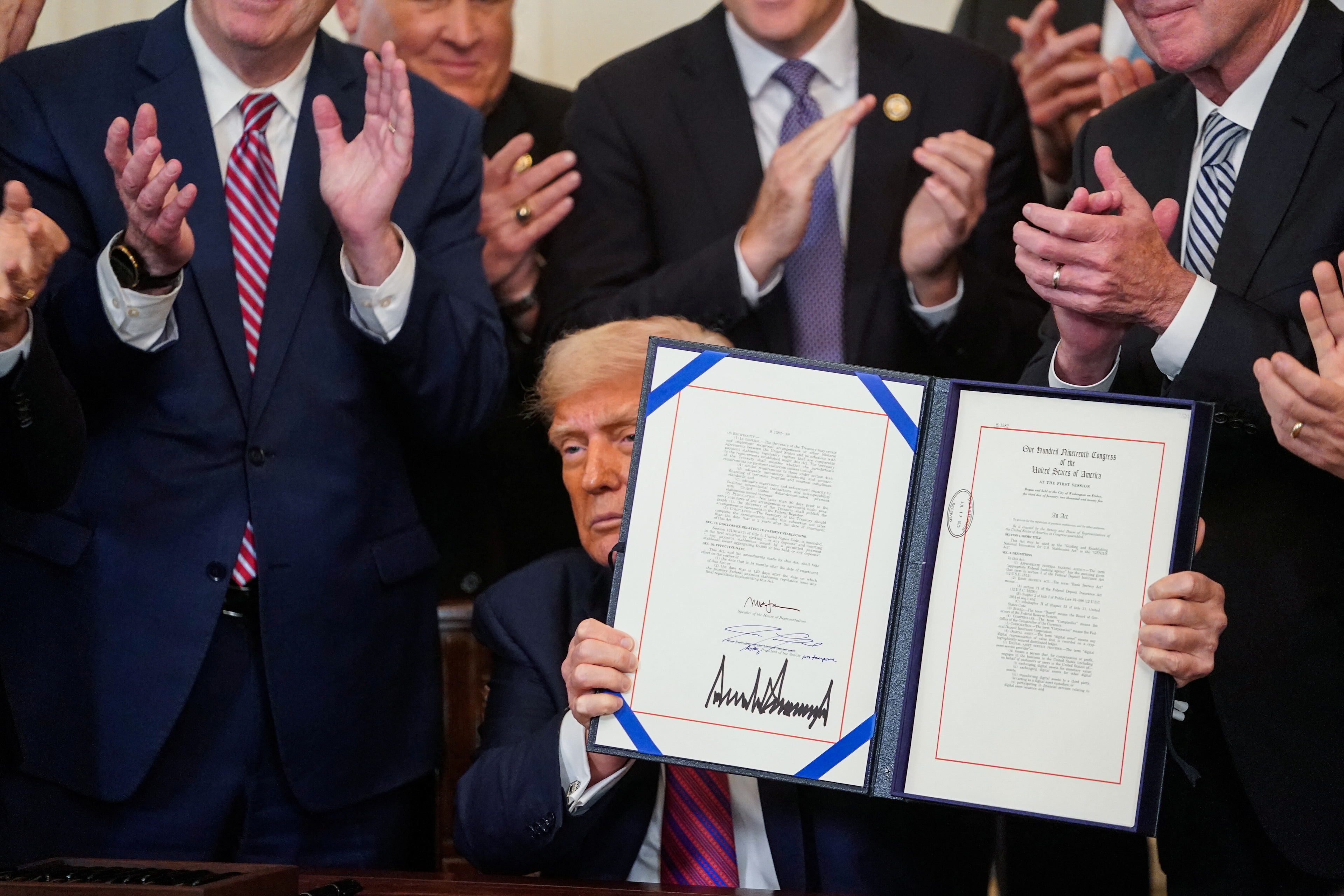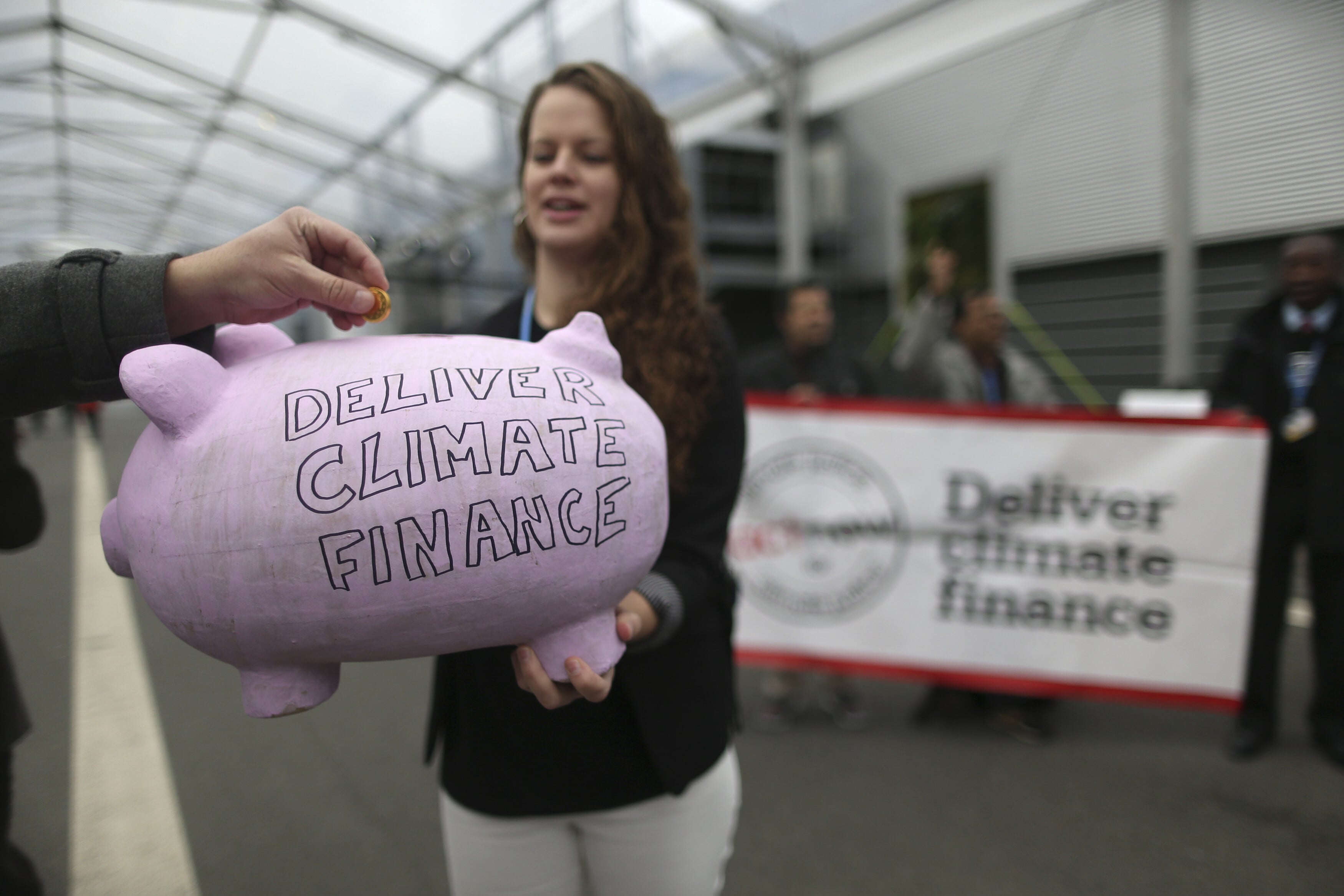US crypto regulation bill aims to bring clarity to decentralized autonomous organizations
US President Biden has called for a whole-of-government approach for crypto regulation.
Image: rawpixel.com / Busbus.
Stay up to date:
Blockchain
- The Responsible Financial Innovation Act proposes a comprehensive set of crypto regulations for the digital assets sector.
- One of the most potentially impactful sections of the legislation relates to decentralized autonomous organizations.
- But more is needed from industry leaders, policymakers and others in the ecosystem to make it work effectively.
On 7 June, United States Senators Cynthia Lummis and Kirsten Gillibrand launched the much anticipated Responsible Financial Innovation Act, proposing a comprehensive set of crypto regulations that address some of the biggest questions facing the digital assets sector. By providing holistic guidance to the rapidly growing industry, the crypto regulation bill offers a bipartisan response to President Biden’s call for a whole-of-government approach to regulating crypto.
Among its many proposals, the crypto regulation bill establishes basic definitions, provides an exemption for digital currency transactions and harmonizes the roles of the Securities and Exchange Commission (SEC) and the Commodity Futures Trading Commission (CFTC), delineating regulatory swim lanes and granting a significant jurisdictional expansion to the CFTC.
The crypto regulation bill is perhaps most productively seen as an invitation for further dialogue. In the coming months, its success or failure will largely be determined by the strength of the debates it generates. It has already engendered strong reactions from the industry. One of the most hotly debated — and potentially impactful — sections of the legislation pertains to decentralized autonomous organizations (DAOs). While the act helpfully clarifies elements of DAO policy, further action is required to answer the remaining questions around legal status, applicable laws and jurisdictional authority.
What are decentralized autonomous organizations and why is this crypto regulation important?
DAOs are bodies that use blockchains, digital assets and associated technologies to collaboratively allocate resources, manage activities and make decisions. By making operational and financial information publicly viewable and empowering members to suggest, vote on and directly ratify changes to organizations, DAOs offer a way to decentralize the operation of firms. The pioneering Responsible Financial Innovation Act would address basic questions of DAO policy including defining DAOs, establishing incentives for incorporation and bringing them into the tax code.
In recent years, DAOs have experienced radical growth. According to the data analytics site DeepDAO, in 2021 alone, the total value of DAO treasuries skyrocketed fortyfold, from $400 million to $16 billion, and the number of participants surged 130x from 13,000 to 1.6 million. DAOs today are being developed to achieve a diversity of aims including governing financial services, facilitating networking and managing philanthropic activities. DAOs are even being leveraged to provide support in war zones.
With DAOs growing at such a rapid rate, some forecasters are predicting that the novel organizational form could expand to one trillion dollars in assets under management by 2032, influencing fields as diverse as investment, research and philanthropy. DAOs can offer a host of benefits including greater equity and diminished censorship.
Relative to traditional organizations like corporations, a report recently published by the World Economic Forum in collaboration with Wharton finds that DAOs may offer a way to achieve greater transparency, adaptability, trust and speed. Likewise, DAOs make possible rapid experimentation and can be directed towards a variety of goals, including prosocial aims. On the other hand, today’s DAOs confront challenges of voter engagement, governance, power concentration and cybersecurity.
How is the World Economic Forum promoting the responsible use of blockchain?
Perhaps most importantly, DAOs face regulatory uncertainty and fragmentation. In the US, for example, DAOs confront a byzantine legislative landscape defined by multiple competing state-level frameworks. While these legislative approaches can create optionality for DAOs, they also present a compliance hurdle, and many have faced criticism for their shortcomings. Without clear legal status, DAOs face operational limitations, cannot pay taxes and may risk exposing members to unlimited liability.
How will the Lummis-Gillibrand Act affect DAOs?
Due to the indeterminate nature of DAO policy, the Lummis-Gillibrand act could be especially meaningful for the emerging form. The crypto regulation bill proposes amending the Internal Revenue Code of 1986 to incorporate DAOs, defining them as organizations that are governed “[….]primarily on a distributed basis,” are properly incorporated and use smart contracts — automatically executing promissory code — to generate collective action. While this attempt at defining DAOs may at first seem inconsequential, its effects could be wide-ranging.
Crucially, the crypto regulation bill defines DAOs in the context of amending the tax code. The development of taxation requirements for DAOs could grant legitimacy to the novel form. But, doing so could also create new obligations including incorporation under specific jurisdictions that may pose a challenge to DAOs with global footprints. Expert interpretations of the crypto regulation bill’s significance for DAOs are mixed.
While some assert that incorporation, for example, could foist requirements on DAOs, others argue that the crypto regulation bill does not mandate that all DAOs must be incorporated but instead only makes it an option for those seeking to benefit from tax opportunities. As this debate suggests, the bill’s ultimate meaning for DAOs is far from clear. Indeed, many of its implications will depend upon the outcomes of a series of review processes and votes.
Though the crypto regulation bill has been brought by a bipartisan pair of policymakers with seats on critical committees, including the Senate Agriculture and Banking Committees, Senators Lummis and Gillibrand have asserted that up to four Senate committees would ultimately have authority over the legislation. Even so, the crypto regulation bill’s very existence is laudable for its attempt to provide clarity to the emergent sector.
In a recent comment, Senator Lummis herself asserted that “[the crypto regulation bill] is an important step towards securing America’s financial leadership for generations to come.” By providing comprehensive guidance on digital assets, the legislation has already made progress.
For DAOs, it has begun addressing many of the questions that builders have been grappling with for years. But for the Senators’ vision to be realized, DAO policy, among other issues, will need to be wrestled with and, ultimately, meaningfully advanced. Now it is up to industry leaders, policymakers and others in the ecosystem to work together to collaboratively develop the effective fit-for-purpose policy required for this nascent organizational structure to thrive.
Accept our marketing cookies to access this content.
These cookies are currently disabled in your browser.
Don't miss any update on this topic
Create a free account and access your personalized content collection with our latest publications and analyses.
License and Republishing
World Economic Forum articles may be republished in accordance with the Creative Commons Attribution-NonCommercial-NoDerivatives 4.0 International Public License, and in accordance with our Terms of Use.
The views expressed in this article are those of the author alone and not the World Economic Forum.
Related topics:
Forum Stories newsletter
Bringing you weekly curated insights and analysis on the global issues that matter.
More on Financial and Monetary SystemsSee all
Sandra Waliczek and Harry Yeung
July 29, 2025
Pranidhi Sawhney and Adam Skali
July 29, 2025
David Carlin and Sourajit Aiyer
July 28, 2025
Veronica Frisancho
July 22, 2025
Jesus Serrano
July 14, 2025





